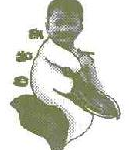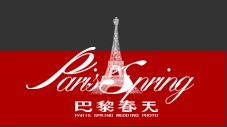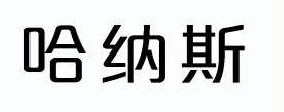Could Prior Used Right Be Counterargument Against Latter Registered Trademark?
(By Luo Yanjie) Recently, the Supreme People’s Court interpreted a definite attitude through a complicated case lasting for years that prior-used logo shall not be used as counterargument against latter registered trademark except under certain circumstances. The followings are our detailed introduction:
Introduction to the Case:
1st Retrial Petitioner (Plaintiff at first instance, Appellant at second instance): LIANG Huo (the “Liang”);
2nd Retrial Petitioner (Plaintiff at first instance, Appellant at second instance): LU Yijian (the “Lu”)











